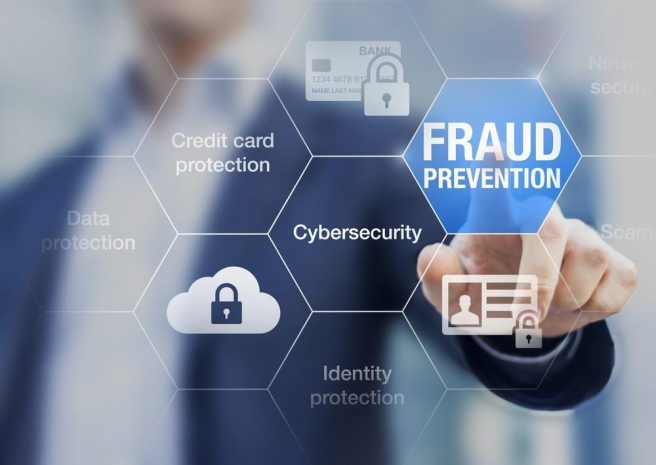
Quiz: Metal band or cyberthreat?
Are you a fan of heavy metal? An expert in cybersecurity? Take our quiz and see if you can distinguish metal bands from cyberthreats!
234 articles

Are you a fan of heavy metal? An expert in cybersecurity? Take our quiz and see if you can distinguish metal bands from cyberthreats!

When an attack combines legitimate tools with fileless malware, it’s extremely difficult to detect, so antimalware teams constantly need to improve their skills

Downloaded a program called Netflix Login Generator? Delete it immediately!

A story of two amateurs who were able to spy on Italian officials for years without getting caught.

Kaspersky Lab experts create a cure for CryptXXX. For the third time.

In our previous article on this topic, we looked into the history of memory-only attacks, also taking a glance at attack scenarios and appropriate defensive technologies. Now it is time

Ransomware: a brief history, current situation, future predictions and how to solve the problem.

We explain three important concepts underlying antivirus action: signatures, the nature of viruses, and how antivirus solutions remove malware.

One of the most sophisticated mechanisms malware uses to stay below security systems’ radars is having no detectable file body. Malware creators use various techniques to accomplish that. Perhaps the most insidious of which is the execution of the malicious code wholly within the machine’s volatile memory.

Our experts made a short video showcasing a proof-of-concept attack by a criminal who has physical access to the ATM’s internals.


We discovered a Pokémon Go Trojan in Google Play. It had already been downloaded 500,000 times.


How to protect yourself from ransomware? Are there any cross-platform cryptors? How much time does it take to catch a cybercriminal? Jornt van der Wiel discusses all of that and more

Ranscam deletes your files and then demands ransom to restore them, or it will delete them. Yes, in that order.

Where ransomware originates, how blockers evolve into cryptors, and why this type of malware is cybercriminals’ favorite tool.

Hacked medical equipment can cost patients a lot — their health or even their lives.

Zcryptor is a hybrid, part ransomware and part worm. It encrypts files and copies itself onto external media.

Ransomware is a tough nut to crack — and while it’s distracting you by encrypting your files, it may also be turning your computer into a zombie.

Hospital pays ransomware ransom, does not get files back.